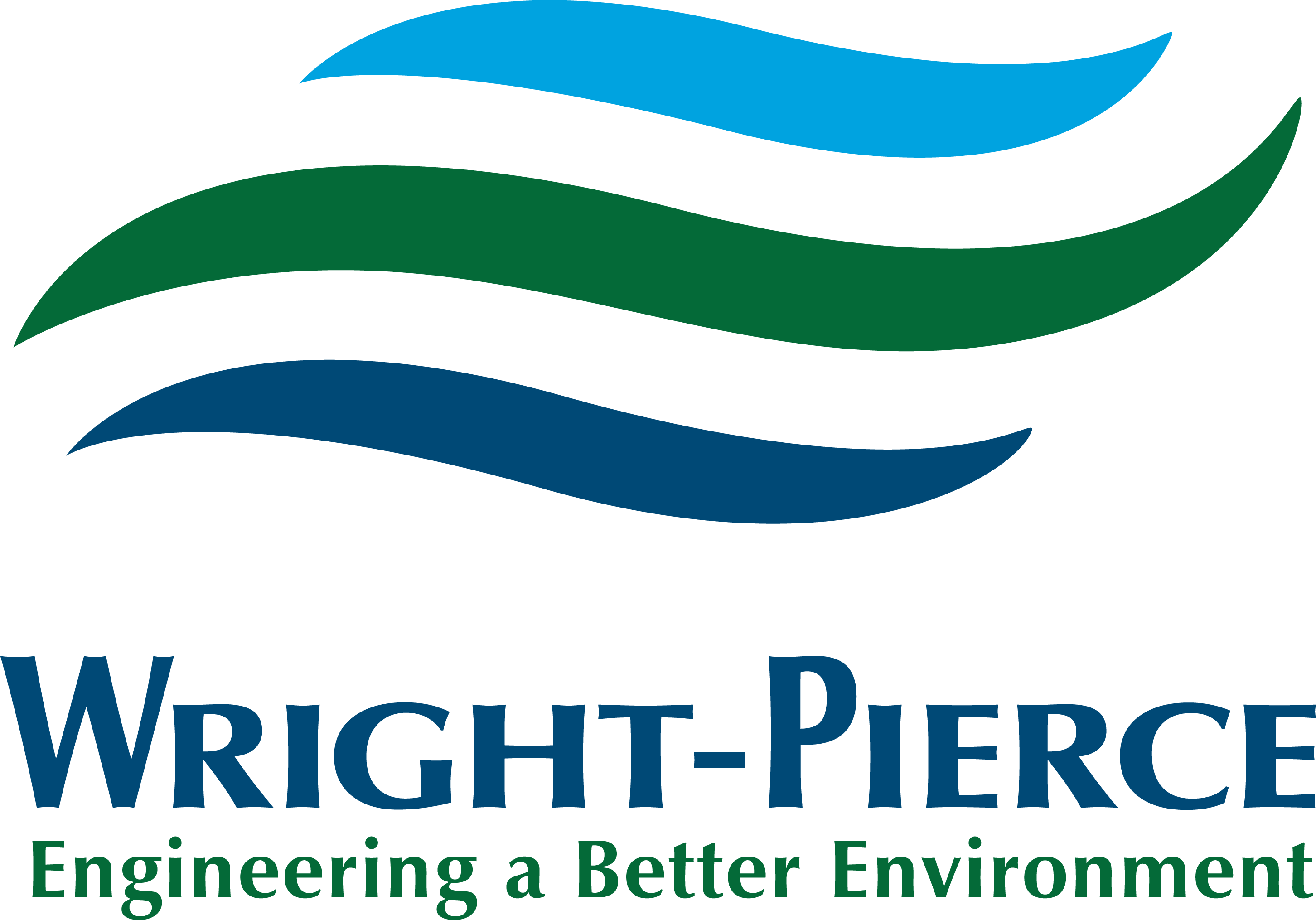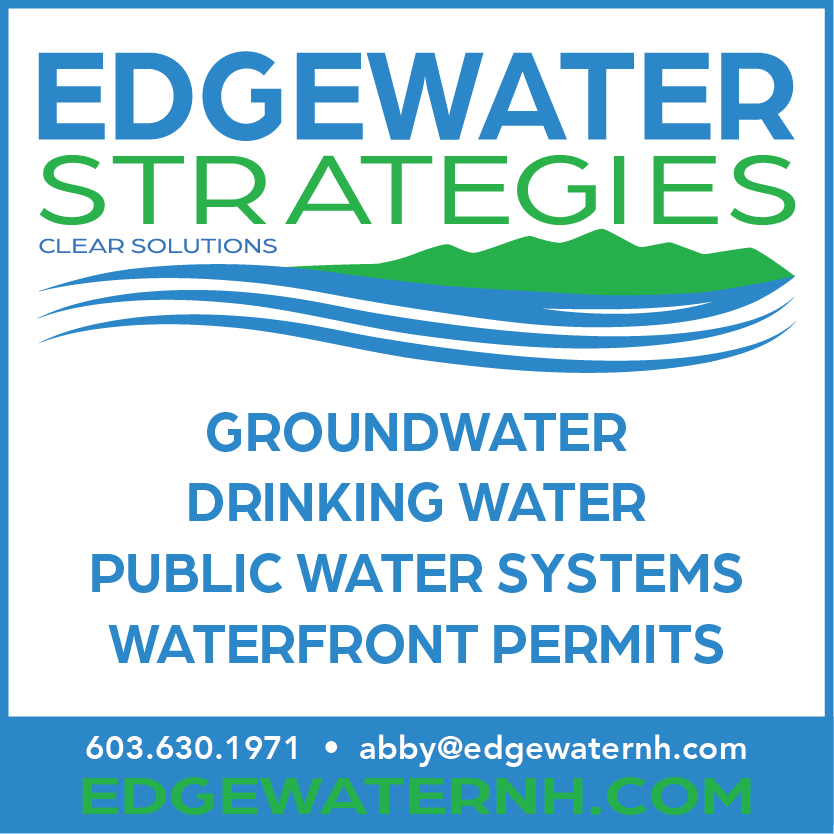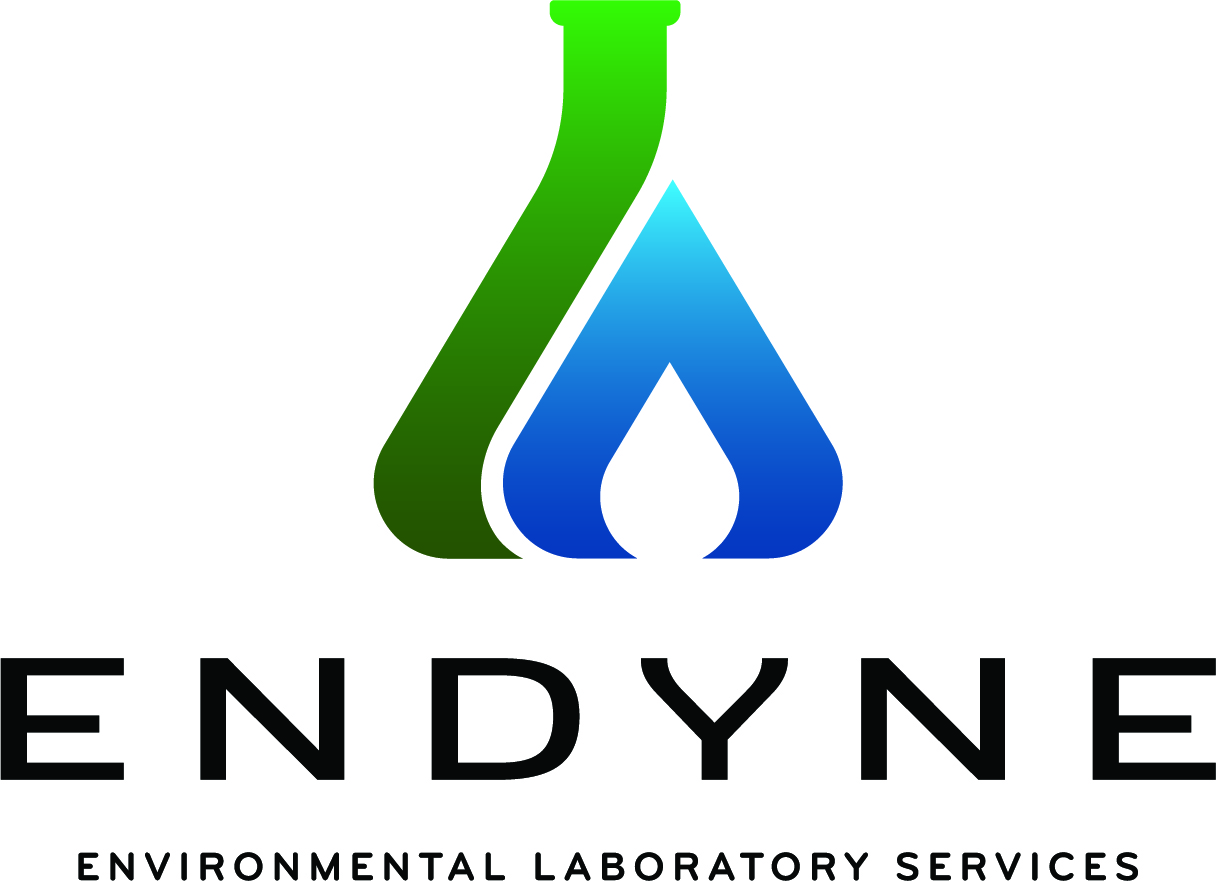TRAINING & CAREERS
Employment in the drinking water profession provides a wide range of rewarding and stable careers with above-average compensation, interesting work, and colleagues committed to public health and service. The Association is honored to be a member of the team that supplies roughly half of the State with safe and reliable drinking water and is proud to offer training and guidance for a successful career. The quality of our training comes from our professional instructors and partners across the industry, from regulators, to suppliers, to design engineers and experienced operators.
Read more about becoming a drinking water Operator or advancing your level of certification, about employment opportunities posted by NH-based water systems, and events where you can participate more fully in all things related to public drinking water. We welcome you to this honorable, rewarding and essential occupation!
Professional certification, training and advancement are critical in the public drinking water sector, as our customers consume our product every day and our level of service is critical to public health and economic wellbeing. The Association strives to provide the best possible training to drinking water professionals to help achieve these critical goals. We work closely with our lead Instructors, our partners at NHDES, and you, to develop educational programs that meet the pressing challenges of our industry.
Classes and training designed for all Operator Grade levels are outlined below, followed by more detailed class descriptions and registration information.
Entry-level Water Workers (Grades 1A and 1)
The following courses prepare new workers for Grade 1A, T1, and D1 exams and positions, and replace our traditional winter Basics course for Grade 1 Operators. They are offered twice a year in the spring and fall, prior to NHDES on-site exams. We recommend that students preparing for Grades T1 / D1 take all three classes. Class goals and training hours are:
- Combined Treatment and Distribution (1A). This rigorous and comprehensive course is designed for Operators of very small systems or workers that are new to the drinking water industry. This is a 12-hour class taught over a 2-week period, designed to prepare students to take the Grade 1A exam.
- Grade 1 Exam Preparation will be focused on Grade T1 and D1 exam requirements. Exam Preparation includes 12 hours of training over a 2-week period.
- Water Works Math. Students are encouraged to attend this course to supplement Grade 1 curricula. Water Works Math includes 12 hours of training over a 2-week period.
Grade 1 and higher exams can be taken online throughout the year at a DES-approved testing facility as well as during NHDES on-site testing. Grade 1A is unique to New Hampshire and exams must be taken on-site. NHDES on-site exams are held in April and December.
With this new approach and NHDES financial support, costs to prepare for Grade 1A and Grade 1 exams have been substantially reduced.
Mid-Level Water Workers (Grade 2)
We offer courses for Grade 1 Operators seeking Grade 2 certification, designed to help students pass Grade 2 exams as well as prepare for higher levels of supervisory and management responsibility. The NHWWA Grade 2 Distribution exam preparation is held in the spring. Grade 2 Treatment exam preparation is offered in the fall. Instruction will be based on ABC Need-to-Know criteria for Grade 2 Treatment and Distribution, and we will use the 2016 AWWA Water System Operator Grade 2 manual for reading and practice assignments.
Senior-level Water Workers (Grades 3 and 4, Systems Owners and Managers)
There are roughly sixty Grade 3 and 4 Operators in the State. These professionals are chief Operators and supervisors for our largest and most complex public water systems. As industry leaders they mentor staff and help shape policy and best practices within New Hampshire and beyond. We offer 3-hour roundtables designed to meet leadership needs. Topics include workforce development and succession planning; system finance; communications; regulations and legal considerations; and best practices in public water supply source protection, treatment, and distribution. We will continue to solicit topics of interest from prospective students, so materials remain relevant and fresh.





